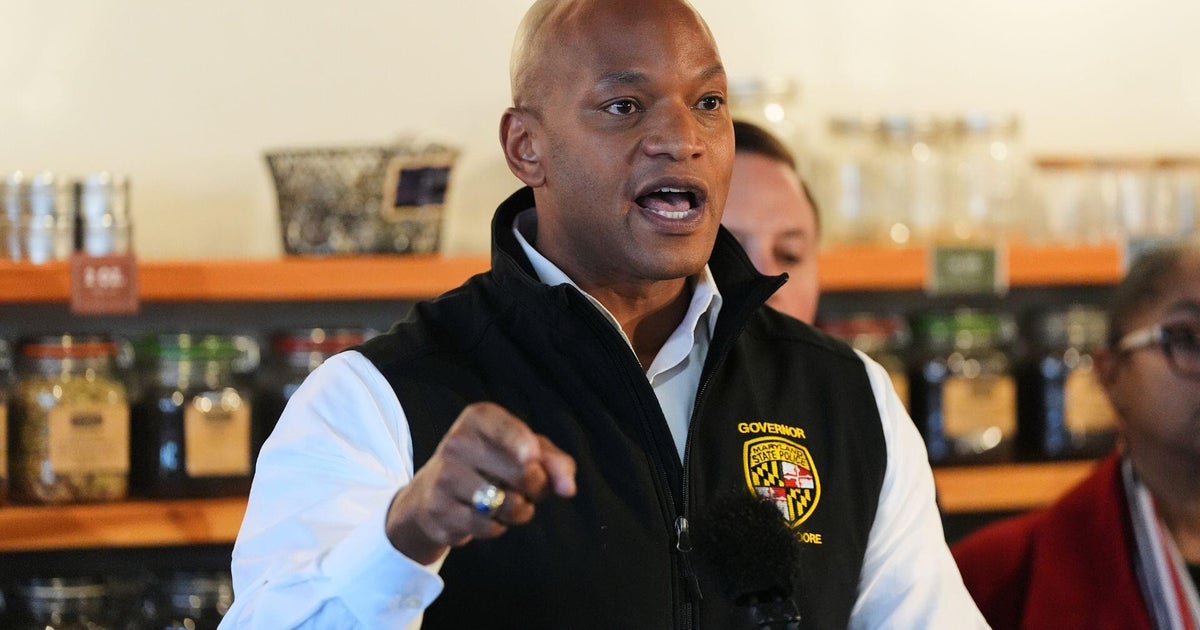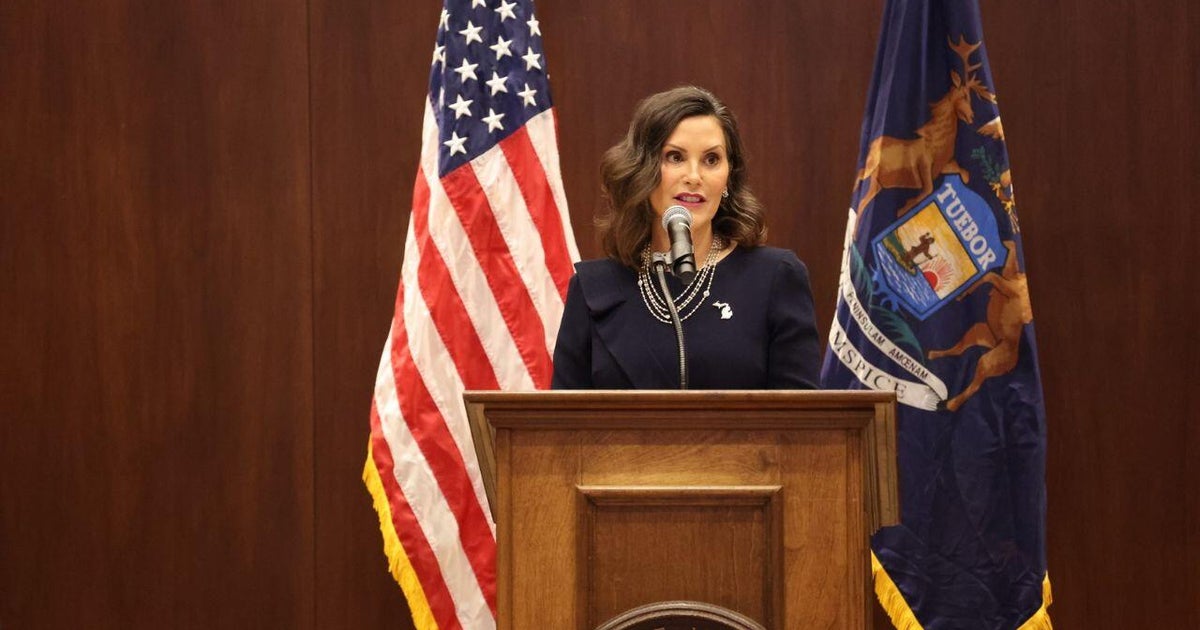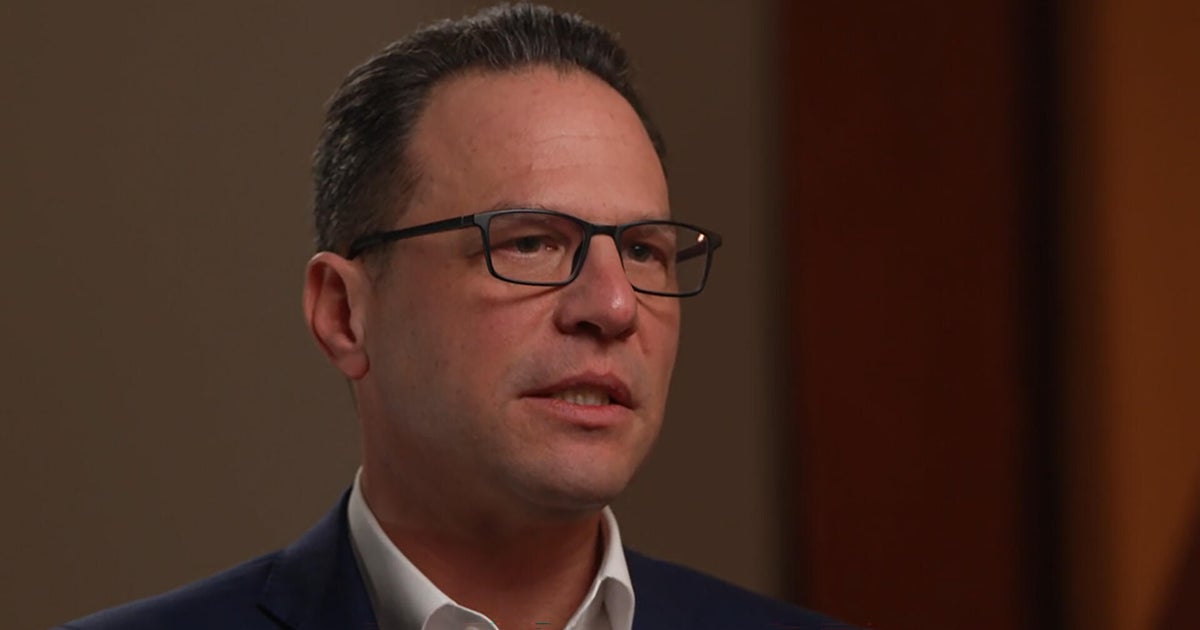A Foreign Policy Void In GOP 2012 Field
WASHINGTON (AP) -- The daring nighttime raid that killed Osama bin Laden in Pakistan draws a sharp contrast between President Barack Obama and a field of potential Republican challengers who have comparatively scant foreign policy experience.
That field includes at least six current or former governors, and three current or former House members. The Senate, an incubator for international affairs expertise, doesn't have a single member running for president, although one former senator has taken steps toward a run.
The stunning news of bin Laden's death has temporarily focused attention on foreign policy over domestic issues, and highlighted the lack of international experience in the prospective GOP field compared with the president, a Democrat who has spent more than two years overseeing two wars and, more recently, military action in Libya.
None of the Republicans weighing candidacies is a foreign policy heavyweight, and all are working to boost their credentials by traveling to distant lands and weighing in on overseas matters.
Indiana Gov. Mitch Daniels, seen within the GOP as a credible voice on fiscal issues, bluntly acknowledged earlier this week to reporters that he was "probably not" ready to debate Obama on foreign policy. He was saying publicly about himself what other Republicans say privately about the entire field.
A handful of likely contenders planning to attend a GOP debate Thursday in South Carolina are likely to get at least one question dealing with national security, diplomatic affairs or bin Laden's death. Continued criticism of Obama's Libya policies is expected. And the dramatic killing of the al-Qaida leader may force the White House hopefuls to sharpen their international talking points and proposals sooner rather than later.
Bin Laden's death is likely to "increase calls for us to leave Afghanistan and cut off aid to Pakistan," Republican consultant John Feehery said.
Foreign policy plays a big role in every presidential election, even if domestic issues usually dominate.
Americans typically say they want a president with a solid international resume, but they don't always vote that way.
With few exceptions, governors have little or no meaningful foreign policy experience. Yet since 1976, three governors (Jimmy Carter, Ronald Reagan and Bill Clinton) have defeated incumbent presidents. And Texas Gov. George W. Bush defeated a vice president. Obama himself had thin foreign policy credentials when he defeated Sen. John McCain, a Vietnam war hero who was heavily involved in national security matters for years.
Among this crop of Republicans weighing candidacies, former Utah Gov. Jon Huntsman may have the most immediate and concentrated foreign experience, having just finished his stint as U.S. ambassador to China. Huntsman was a young Mormon missionary to Taiwan, and he speaks Mandarin Chinese. He also has served as U.S. ambassador to Singapore and U.S. trade ambassador.
Conversely, Minnesota Rep. Michele Bachmann, who is in her third term, may have the most modest international experience of those weighing bids. She has traveled to Iraq and has been a member of the House Intelligence Committee since January.
A look at how others stack up:
--Mitt Romney, the former Massachusetts governor and venture capitalist, traveled to more than 30 countries as a businessman, Olympics official and politician.
Recently, he has said that Obama "has been unable to construct a foreign policy" because of his "fundamental disbelief in American exceptionalism." America is seen as weak, Romney said, because "we're following the French into Libya" to support those rebelling against Moammar Gadhafi.
--Tim Pawlenty made trade missions and troop visits as Minnesota governor to Iraq, India, China, Brazil, Chile, Afghanistan, Bosnia, Germany, Israel, Kosovo, Kuwait, Poland, Spain and other places.
He was among the first to call for a no-fly zone to protect Libya's rebels from Gadhafi's forces. And he criticized Obama for taking almost two more weeks to take that step.
--Newt Gingrich, the former House speaker best known for his interest in domestic issues such as tax policy and health care, sits on the Council on Foreign Relations' terrorism task force, and teaches at the National Defense University.
He calls for a muscular approach to combating terrorism. But he was widely mocked recently for an about-face on Libyan policy. First he said he would "exercise a no-fly zone" and get rid of Gadhafi. Two weeks later, he said: "I would not have intervened. ... I would not have used American and European forces."
--Mike Huckabee, the former Arkansas governor and 2008 Iowa caucus winner, has traveled extensively, including numerous trips to Israel.
He was criticized in 2007 for saying that, as president, he would strike at terrorists inside Pakistan with or without permission from that country's leaders. It looks rather prescient in light of this week's events; Obama didn't notify Pakistan before authorizing the raid that killed bin Laden.
--Rick Santorum, the former Pennsylvania senator, spent much of his Capitol Hill career serving on committees covering agriculture, banking, housing and urban affairs, and other domestic matters.
Lately, he has accused Obama of "dithering" in Libya and creating a "morass" because he let the international community take the lead in aiding Gadhafi's opponents.
--Sarah Palin, the 2008 vice presidential nominee and former Alaska governor, was widely ridiculed for suggesting she had foreign policy credentials because "you can actually see Russia from land here in Alaska."
She has worked to expand her foreign experience, including trips to Iraq, India and Israel.
(© Copyright 2011 The Associated Press. All Rights Reserved. This material may not be published, broadcast, rewritten or redistributed.)







